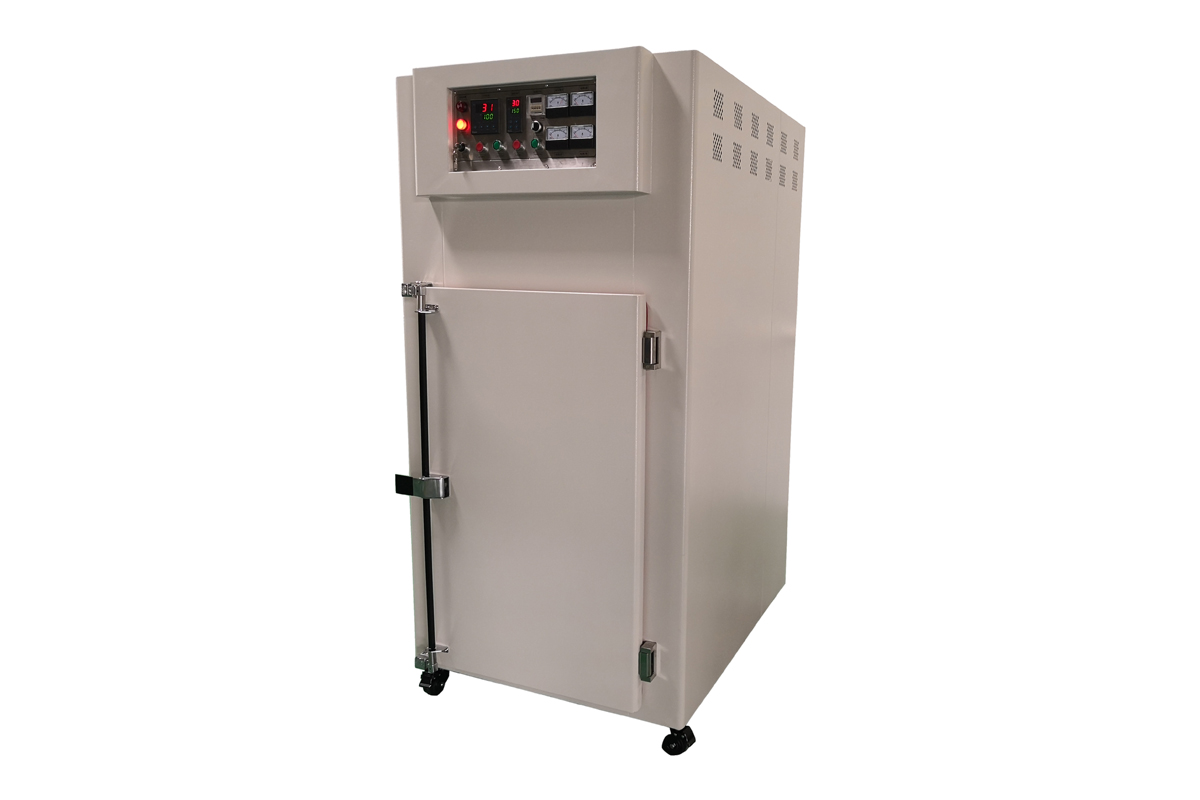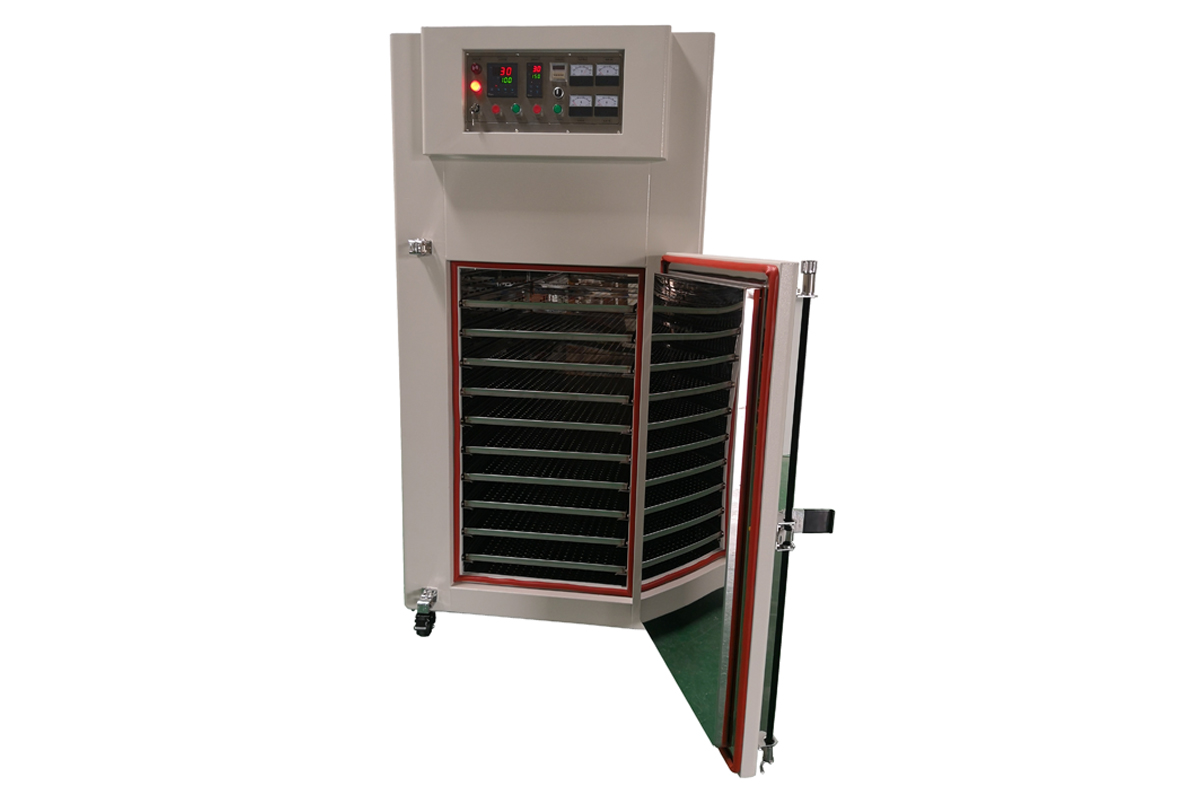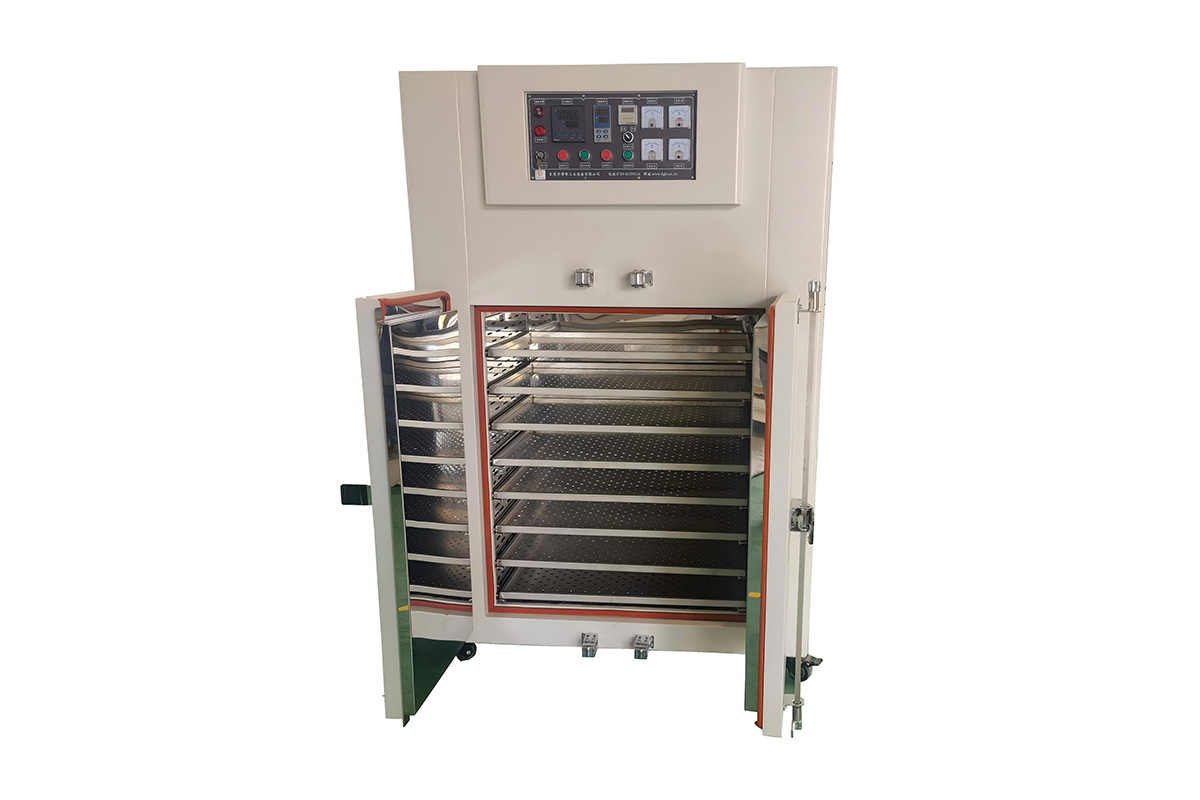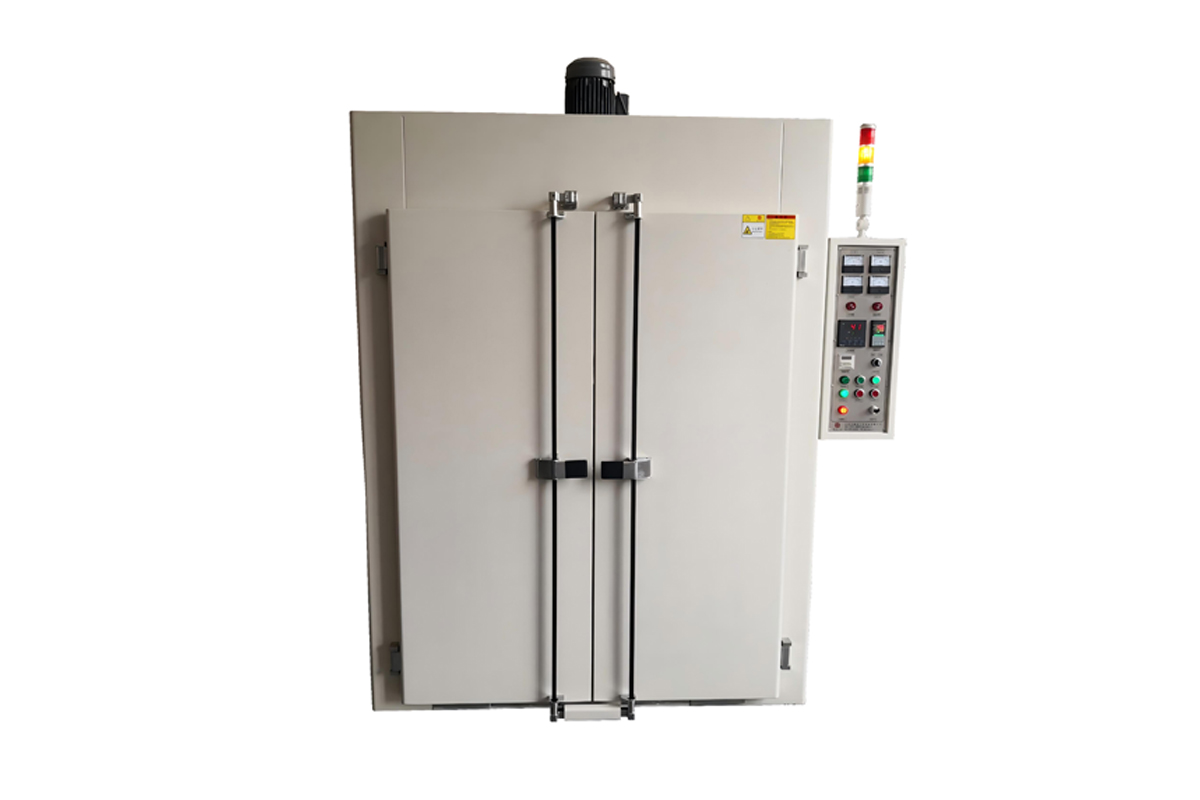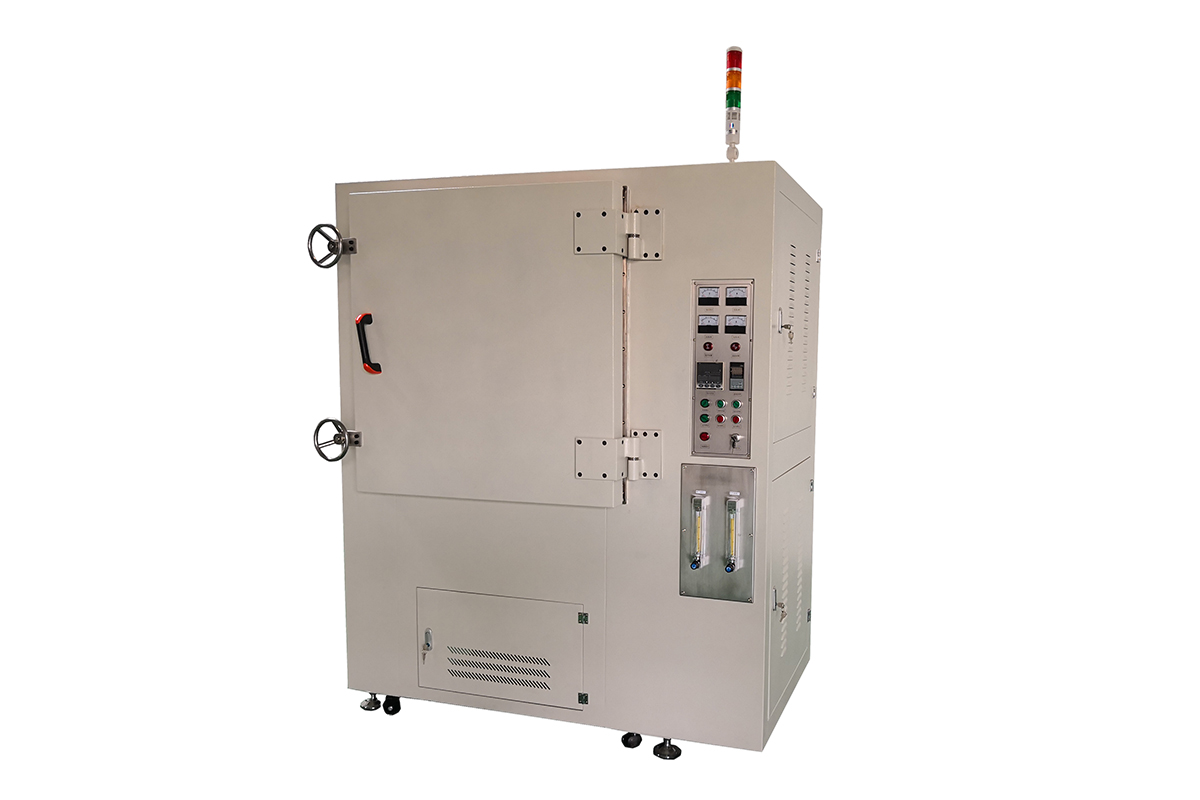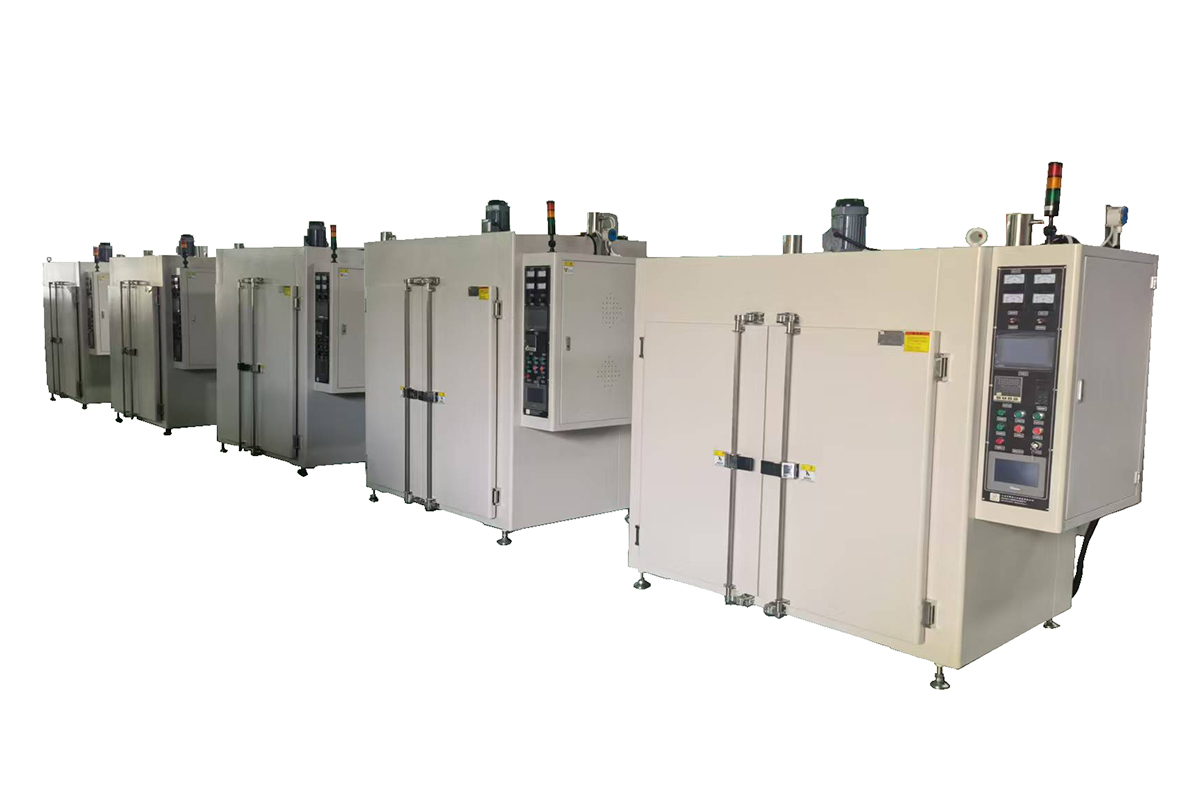Ovens are indispensable appliances across numerous industries, providing essential heat for processes such as baking, curing, drying, and other thermal treatments. Whether for residential kitchens, commercial food preparation, or industrial manufacturing, leading Oven manufacturers design and produce ovens tailored to meet precise heating requirements with optimal energy efficiency, durability, and advanced control.
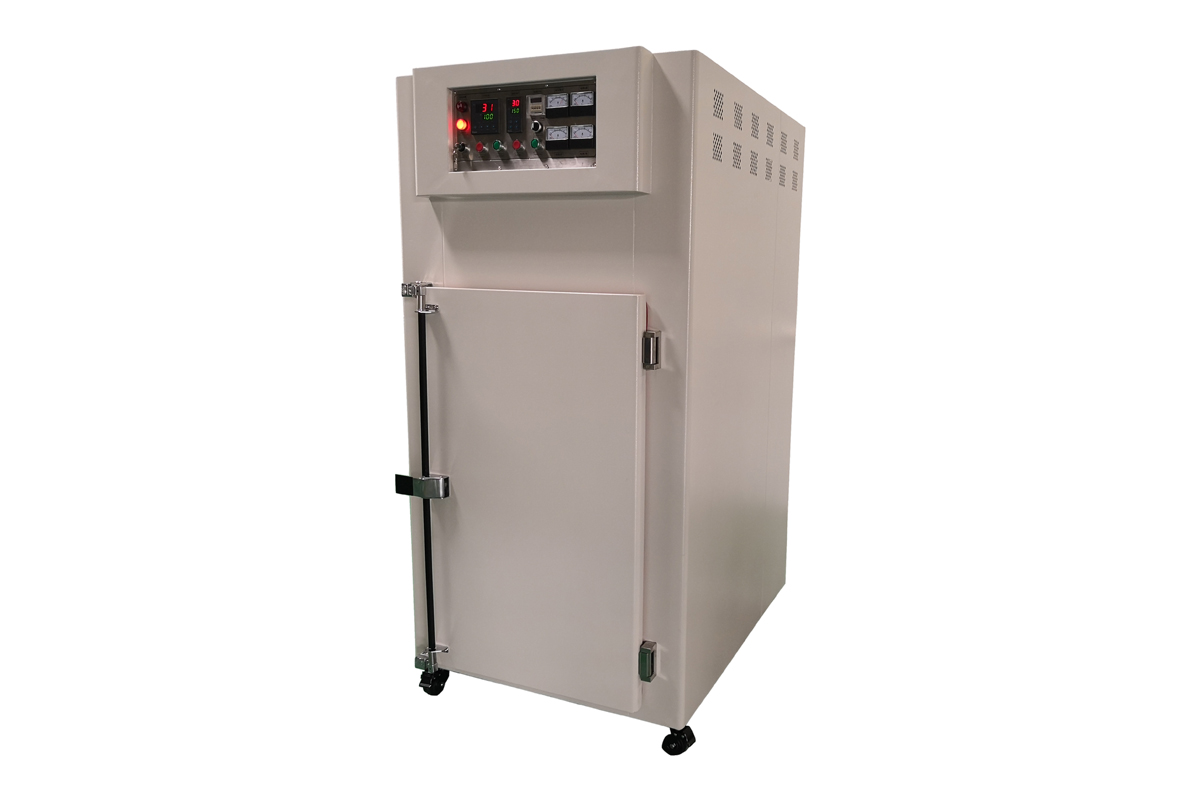
Wide Range of Industrial Ovens to Meet Diverse Needs
Batch Ovens
Specially designed for large-scale industrial operations, batch ovens enable efficient curing, drying, and heat treatment of materials in controlled cycles. These ovens are ideal for manufacturers requiring flexible batch processing with consistent temperature accuracy.
Tunnel Ovens
Engineered for continuous production lines, tunnel ovens transport products through a temperature-controlled chamber via conveyor systems. This design ensures constant heat exposure, making tunnel ovens perfect for high-volume baking, curing, or drying processes.
Used extensively in R&D and industrial testing, laboratory ovens provide precise temperature control for material testing, sterilization, and sample preparation. Their reliable accuracy supports critical quality assurance protocols.
Parameter
| Model | BA-1002 |
| Dimension | h1860*w1000*d780mm |
| Inner Dimension | h1000*w600*d500mm |
| Total power | ≈9KW |
| Power supply | AC220V/50HZ AC380V/50HZ |
| Temperature range | 50-250℃adjustable |
| Temperature rise rate | 8 degrees/min |
| Air transportation method | Three-sided circulating air transportation or horizontal circulating air transportation |
| Temperature uniformity | ±1.3% (empty furnace test) |
| Material | The shell is made of 2.0mm thick cold rolled steel plate bent and welded/the inner liner is made of 1.5mm thick 304# stainless steel plate. |
| Protection Function | PID self-tuning, automatic constant temperature, automatic timing, the temperature to the timer alarm power-off, over-temperature power-off, power failure protection, motor overload protection, such as control line fuse, no fuse switch and other functions to protect the |
| Product Characteristics | 1. Using intelligent temperature controller, PID automatic calculation, LED display, with SSR solid state relay output or with SCR power regulator output, can accurately control the accuracy of the control temperature.
2. According to the product characteristics of the design of the circulating air ducts, temperature uniformity. Using high temperature silicone double sealing, beautiful appearance and no pollution. |
| Scope of application | Electronics industry (semiconductor, LCM, LCD, LED, MLCC, TFT, precision ceramics), PCB, PE, electrolytic capacitors, silicone, rubber and plastic keyboards, computers, motors, communications, hardware, chemicals, sports equipment, printing, pharmaceuticals, footwear, automotive parts and other industrial baking, drying, preheating and tempering, aging and other purposes. |
| Remarks | The above industrial ovens can be customized according to customer requirements, customized different specifications of non-standard industrial ovens |
Key Features of High-Quality Ovens from Leading Manufacturers
1. Energy Efficiency
Modern ovens incorporate advanced insulation, high-performance heating elements, and precision thermostats to minimize energy consumption without compromising performance. Many models hold eco-friendly certifications, underscoring manufacturers’ commitment to sustainability.
2. Advanced Control Systems
Digital control panels enable precise temperature regulation, programmable timers, and custom cooking or processing profiles. Smart ovens with Wi-Fi connectivity allow remote monitoring and adjustments through mobile apps, enhancing operational convenience.
3. Broad Temperature Range and Uniform Heat Distribution
Top-tier ovens accommodate a wide spectrum of temperatures—from low settings for dough proofing to intense heat for industrial curing—while advanced airflow designs ensure even heat distribution and prevent hotspots.
4. Durable Materials
Built to last, these ovens use premium materials such as stainless steel, ceramics, and reinforced glass, ensuring resistance to corrosion, wear, and the rigors of continuous high-temperature operation.
5. Safety Features
Safety is paramount, with features like over-temperature protection, automatic shut-off, cool-touch exteriors, and secure locking systems designed to protect users in both domestic and industrial environments.
6. Customization Options
Manufacturers offer tailored solutions including custom sizes, colors, heating elements, and operational modes. Industrial ovens can be customized with specific racks, conveyor speeds, and additional accessories to match exact production requirements.
Applications Across Industries
Residential: Cooking, baking, roasting, and broiling food with consistent results.
Commercial: Baking large volumes in bakeries, heating fast-food items, and preparing pizzas, pastries, and bread with speed and uniformity.
Industrial: Heat treatment processes including curing, drying, sterilization, and annealing materials used in automotive, electronics, pharmaceutical, and other manufacturing sectors.
Why Choose Our Oven Manufacturing Solutions?
Our ovens combine precision engineering, advanced technology, and robust construction to deliver reliable heating performance tailored to your needs. Whether you seek energy-efficient residential ovens, high-capacity commercial baking ovens, or customized industrial thermal equipment, our products meet the highest standards of quality and safety.
FAQ
Q1: What types of ovens do you manufacture?
A1: We manufacture a wide range of ovens, including industrial ovens (batch ovens, tunnel ovens, laboratory ovens), commercial ovens (convection, electric, gas ovens), and residential ovens to meet diverse customer needs.
Q2: Do you offer customization services?
A2: Yes, we provide OEM and ODM customization options, including size, color, heating elements, and control systems to tailor the ovens to your specific production or usage requirements.
Q3: How energy-efficient are your ovens?
A3: Our ovens use advanced insulation materials and efficient heating technologies to minimize energy consumption while maintaining optimal performance. Some models also come with eco-friendly certifications.
Q4: How can I control the oven temperature and timing?
A4: Our ovens feature digital control panels for precise temperature adjustment and programmable timers. Some smart models offer Wi-Fi connectivity for remote monitoring and control via mobile apps.
Q5: Which industries are your ovens suitable for?
A5: Our ovens are widely used in residential kitchens, foodservice and bakery sectors, food processing, automotive manufacturing, electronics, pharmaceuticals, and more.
Q6: What safety features do your ovens include?
A6: Our ovens include multiple safety protections such as over-temperature protection, automatic shut-off, cool-touch exteriors, and safety locks to ensure safe operation.
Q7: Do you provide after-sales service and warranty?
A7: Yes, we offer a 1-year warranty on all ovens and have a dedicated after-sales support team to assist with maintenance and repairs.
Q8: What is your minimum order quantity (MOQ)?
A8: We support both bulk orders and small quantity custom orders. MOQ depends on the product and can be discussed based on your requirements.








